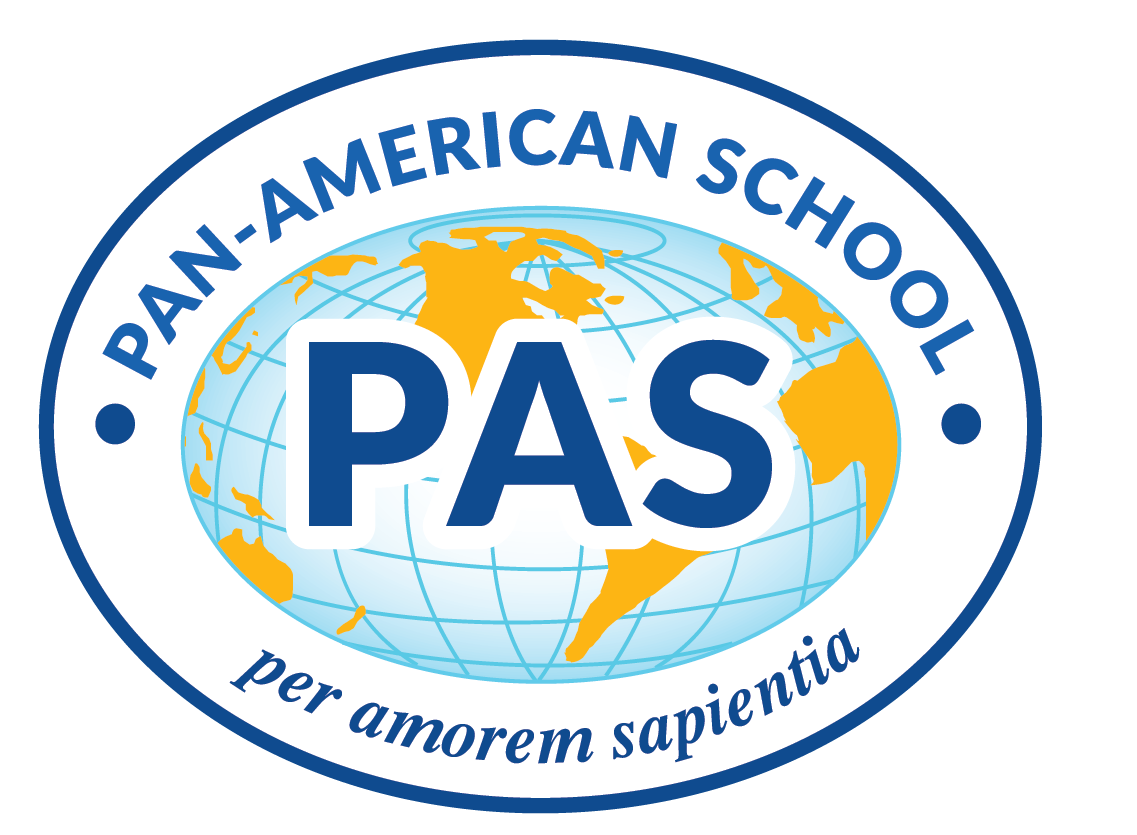No Cell Phone Campus for Students from August 2024
Dear Pan-American School Community,
I hope this communication finds you and your loved ones safe and well. As we continuously strive to create the most conducive learning environment for our students, I wanted to share some information regarding how we continue to address factors that may impact their academic performance, social interactions, and emotional well-being.
At Pan-American School, unlike other educational approaches that focus on standardized testing and rote learning, our educational programs strive to develop student curiosity and inquiry and nurture attention and creativity as part of the learning process. Central to this is students' ability to engage in sustained focus, deep engagement, and deep and complex thinking.
Unfortunately, there is much in the modern world that negatively impacts our ability to concentrate and maintain focus over longer periods such as diets which are high in processed foods and sugar; disrupted sleep patterns and sedentary lifestyles; noise and light pollution, and other environmental factors; and generalized insecurity in the working world and the increased demand for multitasking, which induces increased stress and anxiety.
Central to the challenges that the current generation faces is the role that social media and technology play, designed as they are to capture and hold our attention, thus eroding our ability to focus. Aspects such as notifications, infinite scrolls, and dopamine-driven feedback loops of likes and shares disrupt our concentration and train our brains to crave constant stimulation. “Big Tech” has actively worked to create digital environments that make it hard for people to focus, designing products with the explicit intention of maximizing user engagement, often at the cost of mental health and productivity.
In order to do our part to address this generational crisis of attention and deep focus, Pan-American School will be making changes to our student cell phone policy for the 2024-2025 year. After thorough consideration and review of extensive research, students across the school will not be permitted to use cell phones on campus.
This decision was not made lightly. The proliferation of cell phones and, by extension, access to social media and various technologies, has transformed many aspects of society; while we recognize that there are positive benefits to these aspects, we can not ignore the potential for significant harm to teenagers' social and emotional development.
For instance, a study published in the Journal of Abnormal Psychology (Twenge & Campbell, 2018) found a significant correlation between screen time and an increase in depression and anxiety among teenagers. The research suggested that excessive use of smartphones and social media could lead to feelings of isolation and inadequacy, as teens compare their lives to the idealized versions seen online.
Furthermore, the American Academy of Pediatrics has highlighted concerns regarding technology's impact on sleep patterns. Their findings indicate that the light emitted by screens can disrupt the body's circadian rhythm, leading to poorer sleep quality (AAP, 2016). Given that adequate sleep is crucial for teenage development and learning, this is a significant concern.
Academically, a study conducted by the London School of Economics (2015) observed the effects of cell phone bans in schools. The results were telling: schools that had implemented a ban saw a noticeable improvement in test scores, particularly among students from lower socioeconomic backgrounds. This suggests that cell phone use during school hours can be a distraction and hinder academic performance.
In light of this evidence, we believe that banning cell phone use on campus will benefit our students by encouraging more direct social interactions, reducing distractions, and supporting their mental and emotional health and well-being. We understand this is a change for many and are committed to providing more information and resources to help our community adapt. In the coming months, we will share more detailed information, including:
- More detailed information and guidelines about using technology on campus for educational purposes.
- How we will ensure that students remain connected and safe while on campus.
- A series of workshops for parents to explore best practices in relation to developing healthy technology practices at home, and supporting our students to be safe, balanced, and responsible users of the digital tools that form a part of their lives.
We appreciate your support for this initiative which we believe will make the Pan-American School a place where students thrive academically, socially, and emotionally.
Thank you for your understanding and support.
Kind regards,
Alan Wrafter
General Director
Pan-American School
Recommended General Reading
Stolen Focus: Why You Can't Pay Attention, Johann Hari
References
Twenge, J. M., & Campbell, W. K. (Journal of Abnormal Psychology, 2018). Associations between screen time and lower psychological well-being among children and adolescents: Evidence from a population-based study
American Academy of Pediatrics (2016). Policy Statement on Children’s Sleep, Health, and School Start Times.
Beland, L. P. & Murphy, R. (London School of Economics, 2015). Technology, Distraction & Student Performance.
Pew Research Center (2023), Teens, Social Media, and Technology 2023
Orben, A, Przybylski, A. K., Blakemore, S. & Kievit, R. A. (2022) Windows of developmental sensitivity to social media
American Psychological Association (2023), Social media brings benefits and risks to teens. Psychology can help identify a path forward
Muacevic, A & Adler, J. R. (2023) The Impact of Social Media on the Mental Health of Adolescents and Young Adults
American Psychological Association (2023), Teens are spending nearly 5 hours daily on social media. Here are the mental health outcomes
World Economic Forum (2023) How screen time is affecting teens' sleep and mental health
Maza, M. T., Fox, K. A., Kwon, & S. J. (Jama Pediatrics, 2023) Association of Habitual Checking Behaviors on Social Media With Longitudinal Functional Brain Development
Shychuk, M; Joseph, N.; & Thompson, L. A (Jama Pediatrics, 2022) Social Media Use in Children and Adolescents
